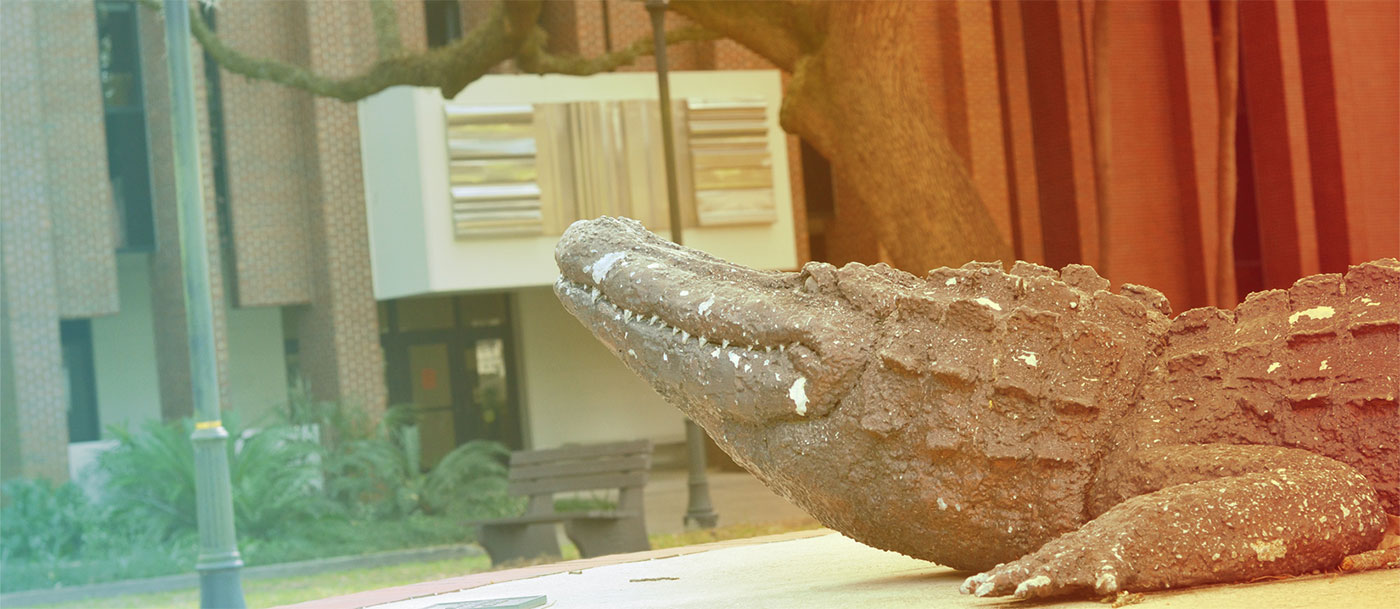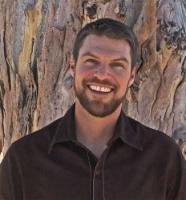 UF Center for Latin American Studies
UF Center for Latin American Studies
Dr. Correia's paper discusses the limits of recognition by investigating the politics of Indigenous rights in Paraguay

March 8, 2021
 Dr.Joel Correia's article, "Reworking recognition: Indigeneity, land rights, and the dialectics of disruption in Paraguay’s Chaco," was recently published in the February 2021 issue of Geoforum, a leading international, inter-disciplinary journal publishing innovative research and commentary in human geography and related fields.
Dr.Joel Correia's article, "Reworking recognition: Indigeneity, land rights, and the dialectics of disruption in Paraguay’s Chaco," was recently published in the February 2021 issue of Geoforum, a leading international, inter-disciplinary journal publishing innovative research and commentary in human geography and related fields.
Read the abstract:
This paper discusses the limits of recognition by investigating the politics of Indigenous rights in Paraguay. The “multicultural turn” of the 1980s–1990s promised to disrupt historical patterns of Indigenous dispossession through land titling initiatives across the Americas, yet as this case shows, recognition comes without guarantees.
I draw from ethnographic research with the Xákmok Kásek Indigenous community in Paraguay’s Chaco to consider how Sanapana and Enxet-Sur Indigenous peoples are reworking the limits of recognition to disrupt settler colonial power. Rather than rejecting or refusing recognition, I argue that the Xákmok Kásek community now employs a dialectics of refusal and engagement that rewrites the terms of recognition, subsequently forcing state officials to reconcile with new articulations of indigenous self-determination that disrupt settler colonial power.
Focusing on the dialectics of refusal and engagement brings nuance to the complex negotiations and evolving strategies of resistance that Indigenous peoples are employing to challenge the status quo of dispossession in pursuit of decolonial futures across the Americas, futures shaped by historic processes that draw humans and non-humans together in place to maintain existing relations and form new ones in pursuit of more just geographies This article, therefore, contributes to ongoing debates about the politics of recognition, post-multiculturalism, and decolonial geographies by bringing a focus on Latin America more fully into dialogue with analyses of settler colonial geographies in North America and Australia.